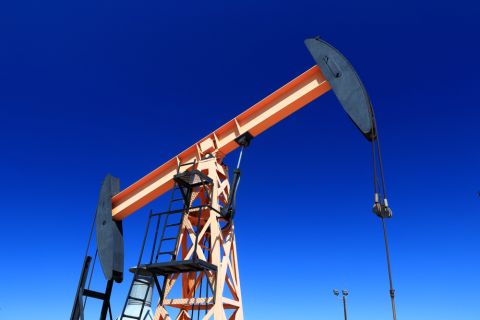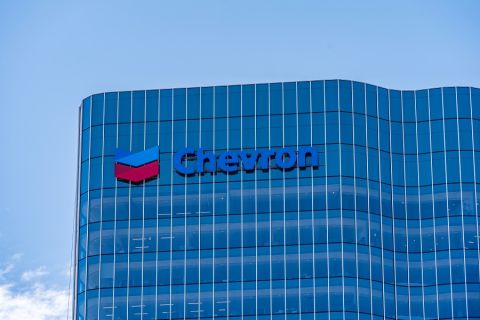[Editor's note: This story was updated at 11:05 a.m. CT April 20.]
U.S. oilfield services giant Halliburton Co. on April 20 reported a $1 billion first-quarter loss on charges and outlined the largest budget cut yet among top energy companies as U.S. crude futures plunged to two-decade lows.
U.S. oil prices have collapsed 80% since January and on April 20 traded under $11/bbl, a 34-year low, and below many shale drillers' cost of production. The coronavirus pandemic has crushed oil demand and prompted a sharp decline in the need for oilfield services.
Halliburton said it would cut this year's capital outlays by roughly 50% to $800 million, the steepest by a major energy company so far, and reduce other costs by about $1 billion. It has laid off hundreds and furloughed thousands of workers.
The company has no plans to cut its shareholder dividend but added it was a "lever" that could be pulled and promised not to take on debt to protect the payment. Rival Schlumberger Ltd. last week cut its dividend by 75%, a move welcomed by investors.
Halliburton, which generates most of its business in North America, booked $1.1 billion in pre-tax impairments and other charges, mostly relating to the value of a pressure pumping business that breaks shale rock to release trapped oil and gas. It posted a 25% drop in revenue from the region to $2.46 billion, while reporting a 5% increase in international revenue to $2.58 billion.
"North America is experiencing the most dramatic and rampant activity decline in recent history," Halliburton CEO Jeff Miller said in a call with analysts. Customers' capital spending is headed toward a 50% reduction for 2020, he said.
Oilfield service rivals Schlumberger and Baker Hughes Co. also recorded large hits to earnings on writedowns and slashed their project spending budgets.
Wall Street analysts were encouraged by Halliburton's cost-cutting measures, and its shares were up about 2% to $7.73 in morning trading. They are down 70% year-to-date.
"We like the company's proactive mindset and actions," analysts for investment firm Tudor, Pickering, Holt & Co. wrote in a note.
Halliburton warned it faced business disruptions from coronavirus-related border closures and travel restrictions that have prevented the company from accessing certain operations, as well as stay-at-home work arrangements.
It reported a net loss of $1.02 billion, or $1.16 per share, in the first quarter, compared with a profit of $152 million, or 17 cents per share, a year earlier.
Excluding charges, Halliburton earned 31 cents per share, beating Wall Street estimates of 24 cents per share, I/B/E/S data from Refinitiv showed.
Recommended Reading
To Dawson: EOG, SM Energy, More Aim to Push Midland Heat Map North
2024-02-22 - SM Energy joined Birch Operations, EOG Resources and Callon Petroleum in applying the newest D&C intel to areas north of Midland and Martin counties.
Chevron Hunts Upside for Oil Recovery, D&C Savings with Permian Pilots
2024-02-06 - New techniques and technologies being piloted by Chevron in the Permian Basin are improving drilling and completed cycle times. Executives at the California-based major hope to eventually improve overall resource recovery from its shale portfolio.
Texas Earthquake Could Further Restrict Oil Companies' Saltwater Disposal Options
2024-04-12 - The quake was the largest yet in the Stanton Seismic Response Area in the Permian Basin, where regulators were already monitoring seismic activity linked to disposal of saltwater, a natural byproduct of oil and gas production.
For Sale, Again: Oily Northern Midland’s HighPeak Energy
2024-03-08 - The E&P is looking to hitch a ride on heated, renewed Permian Basin M&A.
NAPE: Turning Orphan Wells From a Hot Mess Into a Hot Opportunity
2024-02-09 - Certain orphaned wells across the U.S. could be plugged to earn carbon credits.




